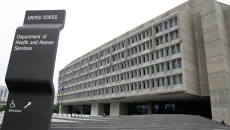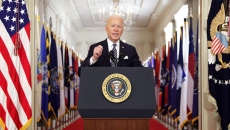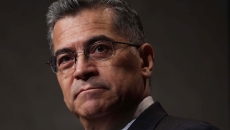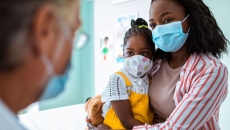Policy and Legislation
The initiative will focus on housing insecurity and will also offer case management, outreach and education.
The administration will task HHS and CMMI with testing new models that are shown to improve quality and lower costs.
Medicare enrollees will also see lower costs for insulin and vaccines beginning in 2023, according to HHS.
The current 90-day extension ends on January 11, 2023.
Of the MGMA survey respondents, 89% said the overall regulatory burden on their practice has increased over the past 12 months.
Recent payment reform programs have not been designed with racial and ethnic minority groups in mind, a new report asserts.
What inspired the move is a growing view from within the federal government that the healthcare directory landscape is fragmented, CMS says.
APIC said relaxing masking standards could be a risky move heading into what's expected to be a severe flu season.
The funding is intended to improve service delivery, promote the adoption of healthy behaviors and reduce existing health disparities.
Reimbursement can be a barrier. Yet legislation can move organizations beyond pre-pandemic levels, according to Josh Scales, CEO and founder of Uniti Health.









